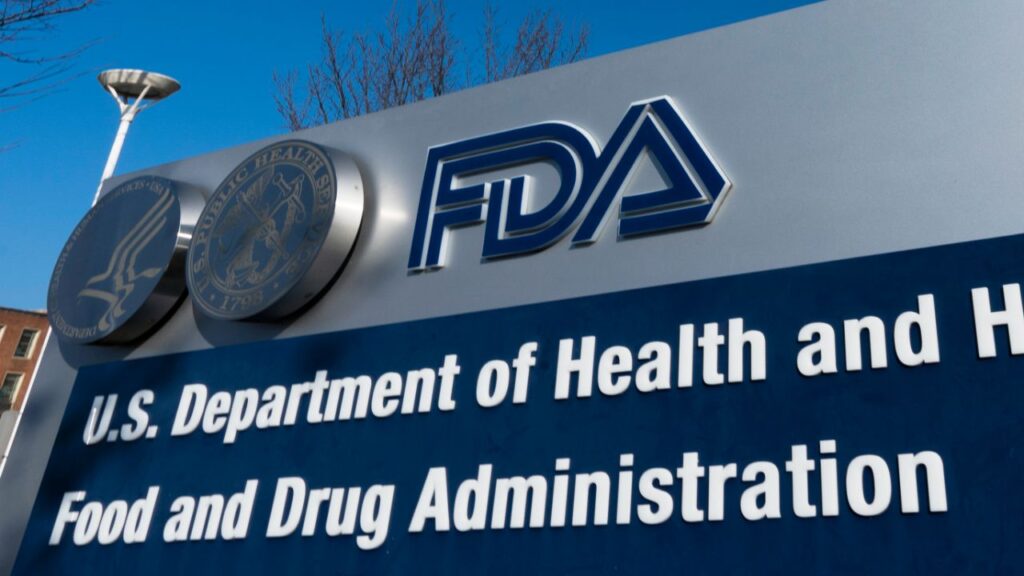
How Are Dietary Supplements Regulated?
Dietary supplements have become an integral part of many individuals’ health and wellness routines, offering a convenient way to fill nutritional gaps or address specific health concerns. However, the increasing popularity of these supplements has raised questions about their safety, efficacy, and the regulatory framework governing their production and distribution. In this exploration, we delve into the complex world of dietary supplement regulation, examining the key aspects that ensure consumer safety and product quality. As you embark on your journey to prioritize health, consider exploring the Longevity Stack Supergreens Powder from Longevity Box (https://longevitybox.co.uk/products/longevity-stack-supergreens), a meticulously crafted supplement designed to support overall well-being with a potent blend of superfoods.
Definition and Classification of Dietary Supplements
Understanding the regulatory landscape begins with defining what constitutes a dietary supplement. In the United States, the Dietary Supplement Health and Education Act (DSHEA) of 1994 defines a dietary supplement as a product intended to supplement the diet, which contains one or more dietary ingredients such as vitamins, minerals, herbs, amino acids, or other substances. These products come in various forms, including pills, capsules, powders, and liquids.
FDA Oversight

The Food and Drug Administration (FDA) plays a central role in regulating dietary supplements in the United States. However, unlike pharmaceutical drugs, dietary supplements do not undergo the same rigorous pre-market approval process. Instead, the FDA relies on post-market surveillance and enforcement to ensure the safety and quality of these products. Manufacturers are responsible for ensuring their products meet certain quality standards and safety requirements, and the FDA has the authority to take action against companies that fail to comply.
Good Manufacturing Practices (GMPs)
To maintain product quality and safety, the FDA has established Good Manufacturing Practices (GMPs) specifically for dietary supplements. GMPs are a set of regulations outlining the minimum requirements for the design, monitoring, and control of manufacturing facilities and processes. Manufacturers must adhere to these GMPs to ensure that their products are consistently produced and meet quality standards. Regular inspections by the FDA help enforce compliance with GMPs and identify any deviations that may pose a risk to consumers.
Labeling Requirements and Claims

Clear and accurate labeling is crucial for consumers to make informed choices about dietary supplements. The FDA mandates that supplement labels include essential information such as the product’s identity, quantity of ingredients, serving size, and manufacturer details. Furthermore, specific health claims made on labels are subject to FDA scrutiny. While structure/function claims (describing the role of a nutrient or dietary ingredient) are generally allowed, claims related to treating or preventing diseases require more stringent evidence and FDA approval. Ensuring truthful and non-misleading labeling is a key aspect of regulatory oversight.
Adverse Event Reporting and Consumer Education
Monitoring the safety of dietary supplements after they reach the market is essential. The FDA operates the Dietary Supplement Adverse Event Reporting System (DSAR), which collects and analyzes reports of adverse events related to supplement use. This system helps identify potential safety concerns and enables the FDA to take appropriate action, such as issuing warnings or recalling products. Additionally, consumer education is a crucial component of the regulatory strategy. The FDA provides resources to educate the public about making informed decisions regarding supplement use, promoting transparency and awareness.
In conclusion, the regulation of dietary supplements involves a combination of pre-market oversight, post-market surveillance, and enforcement mechanisms. The FDA’s role in establishing GMPs, enforcing labeling requirements, and monitoring adverse events contributes to a regulatory framework aimed at safeguarding consumer health. As the dietary supplement industry continues to evolve, ongoing efforts to refine and strengthen regulatory measures will be essential in addressing emerging challenges and ensuring the safety and efficacy of these widely used products.



